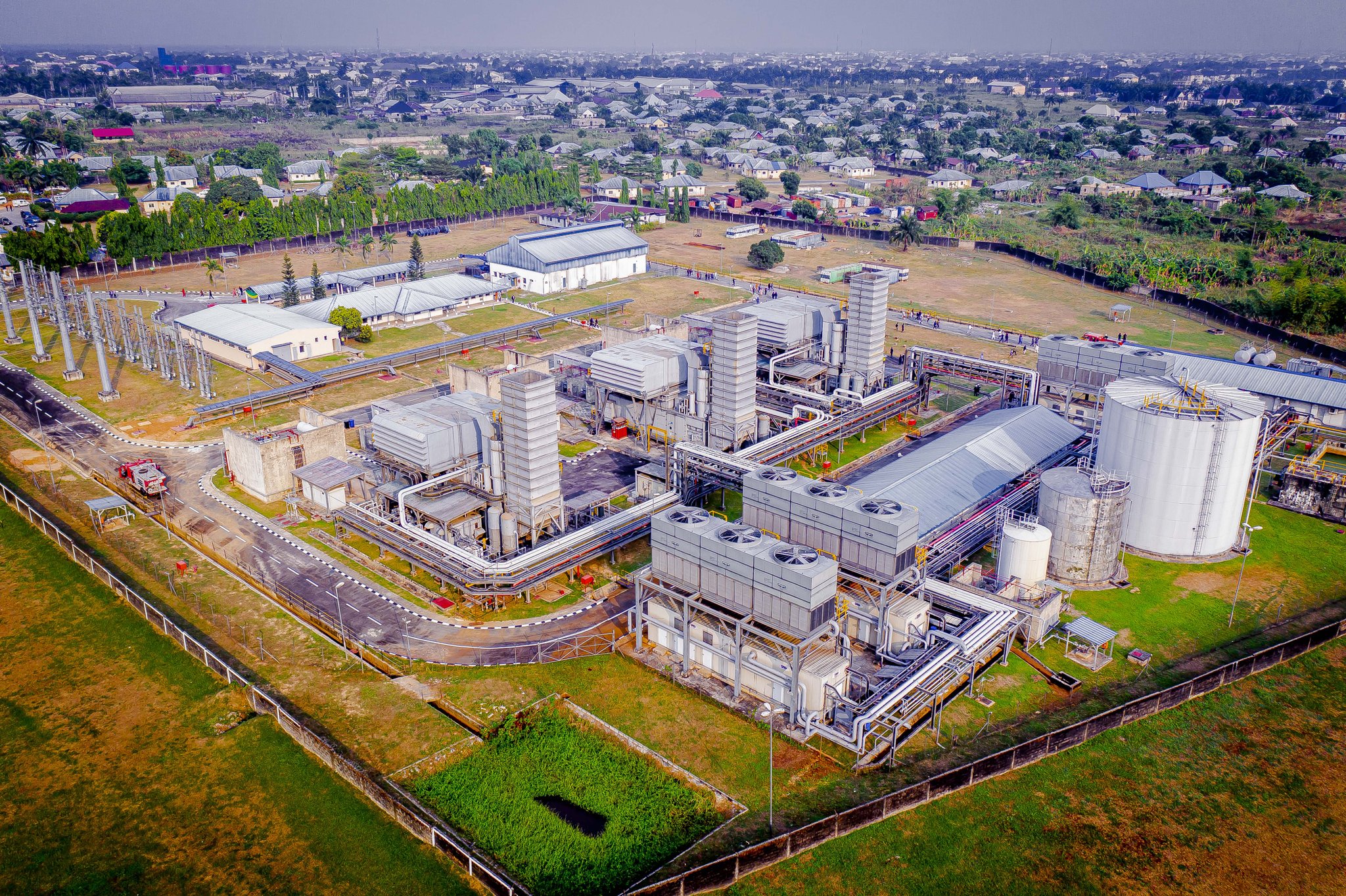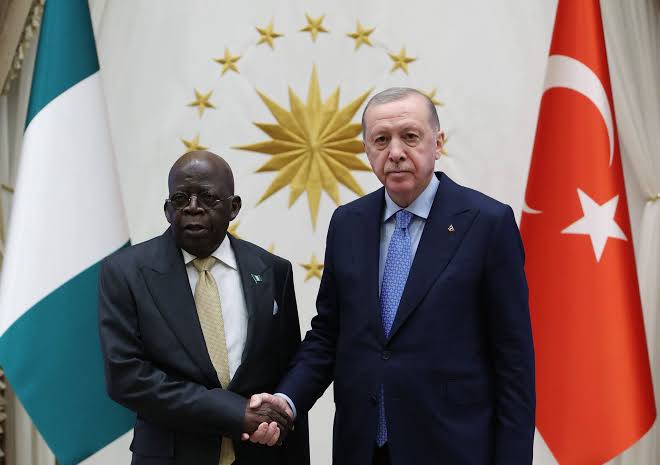The value of the naira has gotten worse as a result of the growing disparity between the supply and demand of dollars in banks and on the black market.
According to research by The Punch, the naira fell from 860/$ to 960/$ at the parallel market as of Friday, losing N100 in less than three weeks.
The naira had previously traded at 471/$ in the Investor & Exporter window until the Central Bank of Nigeria allowed the naira to freely float against other world currencies in June.
However, the naira quickly started to experience significant volatility in the black market after trading with a narrow spread in both the official I&E window and parallel market.
In Lagos, the local currency dropped to 925/dollar after surpassing the N900/dollar threshold last week.
The naira peaked on Friday at 799/$ before falling to a low of 740.60/$ at the I&E forex window. On the parallel market, however, the naira closed at 930 to the dollar in Lagos and 960 to the dollar in Abuja.
The occurrence unfolded when banks were being hammered by a dollar shortage, with some institutions claiming that they lacked enough dollars to meet client demand.
Currency traders at the parallel market also lamented the lack of dollars.
According to bank executives, the CBN removal of cash deposit limits on domiciliary accounts in June had led to the repatriation of funds through the banks.
“Some of the dollars are being repatriated through the banks, but the demand is still higher than the supply because everyone is still sourcing for dollars for imports, PTA, BTA, and others,” an official of a lender said on the condition of anonymity because he was not authorized to speak on the subject.
He claimed that customers are still stockpiling foreign exchange because they don’t trust the policy, Nigerians are still hoarding dollars and banks are no longer receiving regular FX supplies from the CBN.
The president of the Association of Bureau De Change Operators of Nigeria, Aminu Gwadabe, told our correspondent in a conversation that the FX market’s lack of liquidity had continued to see a lot of speculators assault the naira.
“The I&E window’s diminishing supplies shifted demand to the parallel market, where volatility and spikes are most pervasive, Lack of liquidity is a problem that affects the entire forex market,” he said.
“The banks are unintentionally increasing pressure in the parallel market by limiting their available position for the financing of visible letters of credit and foregoing invisible requests from their clients, such as PTA, school fees, and medical expenses.
Gwadabe suggested solutions, saying Nigerians should strive for a stable exchange rate free of unethical economic practices such as arbitrages, hoarding, and panic buying.









